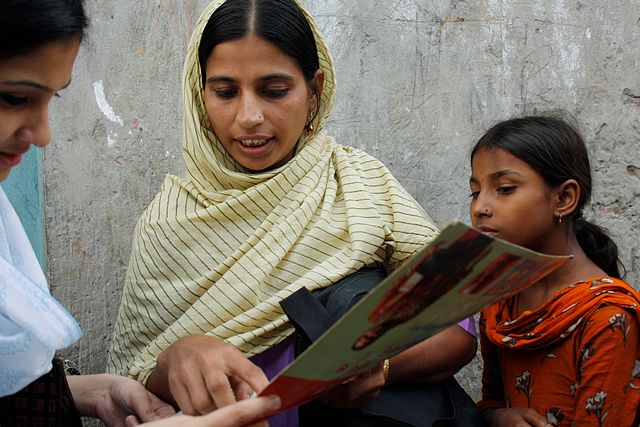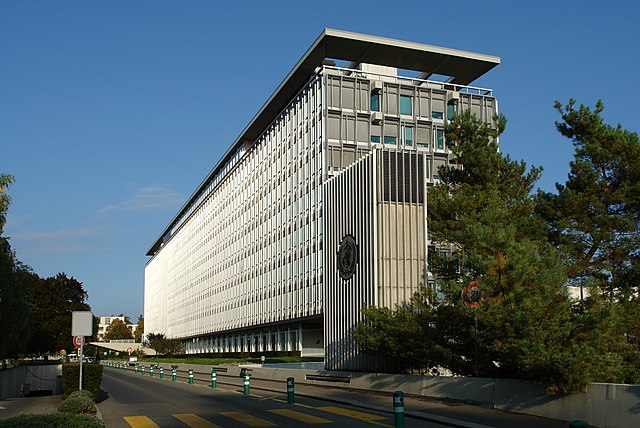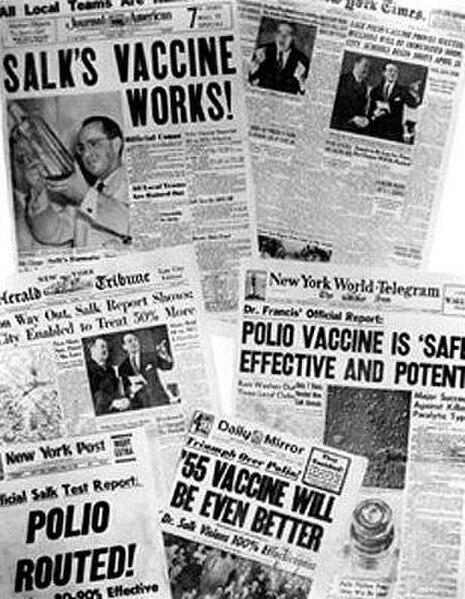Harm reduction, or harm minimization, refers to a range of intentional practices and public health policies designed to lessen the negative social and/or physical consequences associated with various human behaviors, both legal and illegal. Harm reduction is used to decrease negative consequences of recreational drug use and sexual activity without requiring abstinence, recognizing that those unable or unwilling to stop can still make positive change to protect themselves and others.
Needle exchange programs provide people who inject substances with new needles and injection equipment to reduce the harm (e.g., HIV infection) from needle drug use.
Drug paraphernalia available from a harm reduction NGO at a mobile supervised injection site in Berlin, Germany.
A bin allowing for safe disposal of needles in a public toilet in Caernarfon, Wales
A clandestine kit containing materials to inject drugs
Public health is "the science and art of preventing disease, prolonging life and promoting health through the organized efforts and informed choices of society, organizations, public and private, communities and individuals". Analyzing the determinants of health of a population and the threats it faces is the basis for public health. The public can be as small as a handful of people or as large as a village or an entire city; in the case of a pandemic it may encompass several continents. The concept of health takes into account physical, psychological, and social well-being.
A community health worker in Korail Basti, a slum in Dhaka, Bangladesh
The WHO is the predominant agency associated with global health.
Newspaper headlines from around the world about polio vaccine tests (13 April 1955)
A Public Health Prayer - Dr Edmond Fernandes








